Onsite Training For LearnToEngage Students
-
Region
Global -
Topic
Public Engagement -
Type
News -
Source
BGCI
From 5th – 10th February the LearnToEngage team and 20 course participants from botanic gardens, museums and informal education sites in UK, Portugal and Italy, descended on the Royal Botanic Garden Edinburgh to discuss audience development.
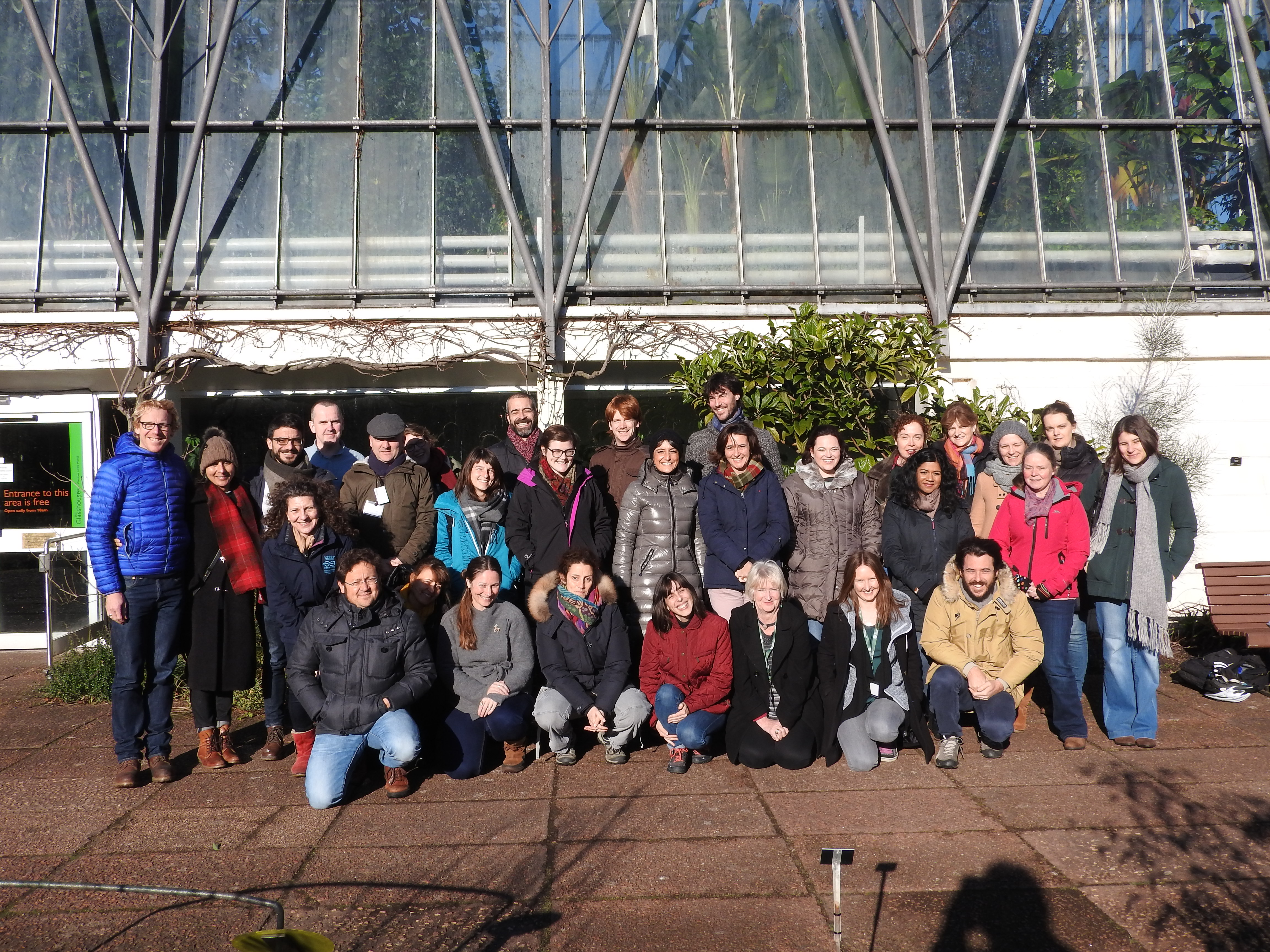
The week formed the face-to-face part of the LearnToEngage module on Working with Diverse Audiences. The module guides participants through writing an audience development plan to support botanic gardens and related organisations to expand their audiences or work more closely and effectively with a wide range of visitors.
The week looked at a range of knowledge and skills needed for audience development. This included strategic activities like writing SMART objectives, which can form a strong basis for project development and measuring impact, and covered case studies from Royal Botanic Garden Edinburgh about how they work with their wide range of audiences from very young children to local community groups.
Participants were able to try their hand at co-creation, a participatory approach that sees organisations working with their audiences and stakeholders to design new activities and projects. To help us to do this, we invited children from a local school to come and work with the participants to design games and displays about food plants. The results were amazing with the groups coming up with apps, board games, trails, computer games, pop up books and much more.
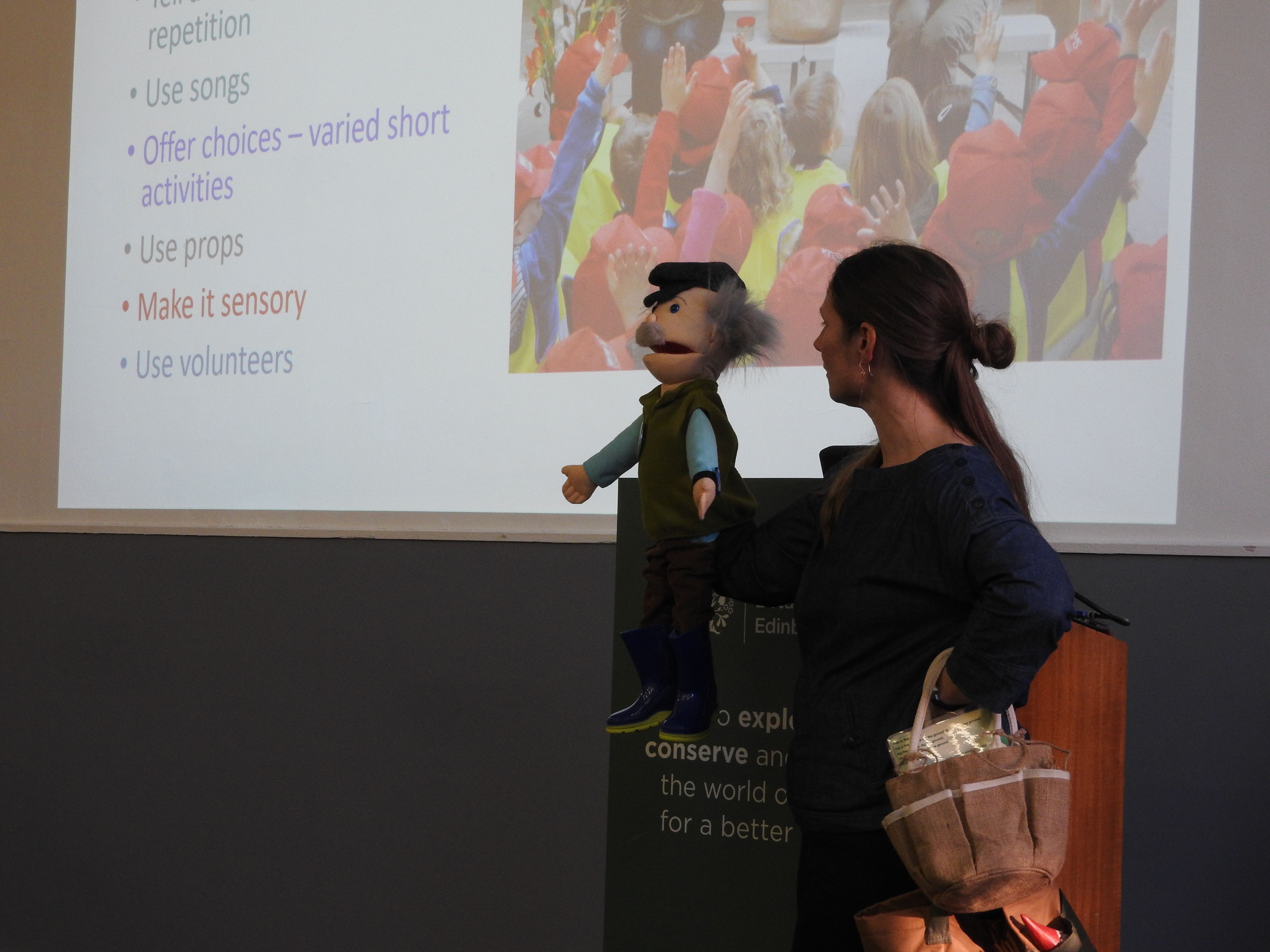
DSCN5667
Cath Evans presents how Royal Botanic Garden Edinburgh engages small children - credit LearnToEngage
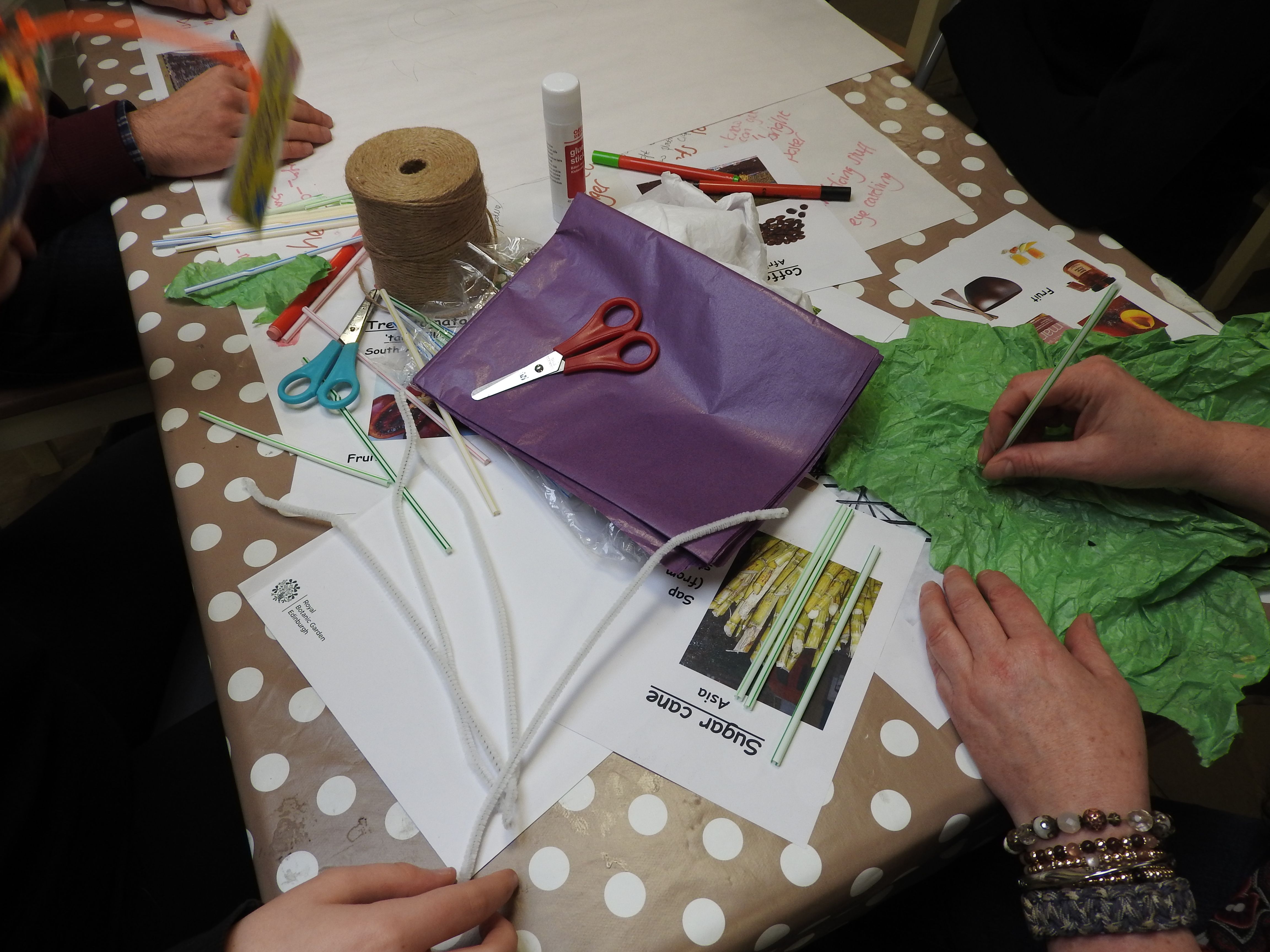
DSCN5418
Using crafts to co-create ways to communicate food plants with school children - credit BGCI
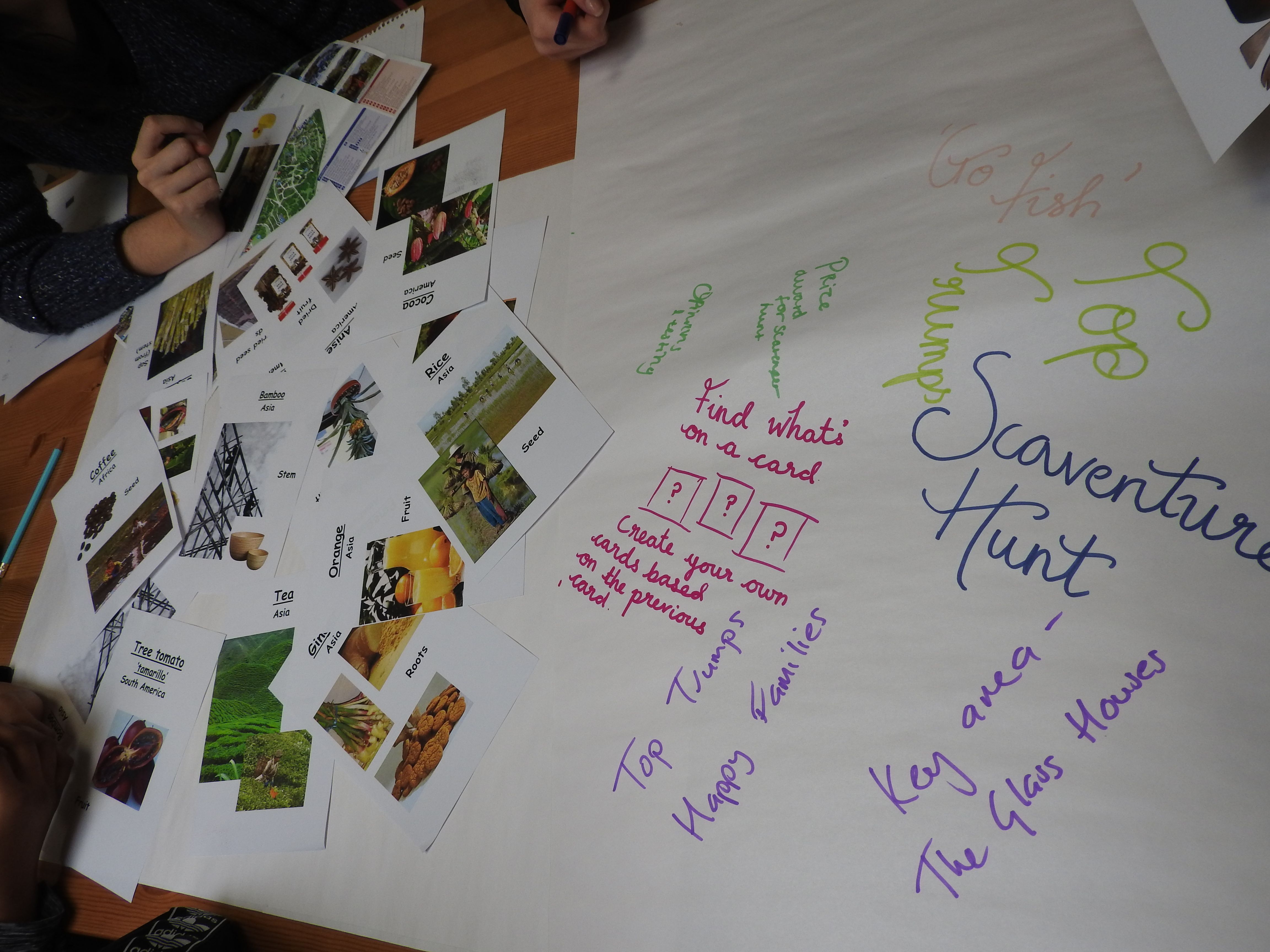
DSCN5417
Using crafts to co-create ways to communicate food plants with school children - credit BGCI
The Riverside Museum in Glasgow were also kind enough to host us for a day. Participants learnt about the amazing work the museums in Glasgow have done create new ways of working with each other and their communities, such as the Open Museum project, which takes the museums’ collections out into the community. The participants also had time to develop and trial mini-audience research and evaluation projects in the museum.
There was also plenty of time for fun. Since it was the right time of year, the garden staff hosted a Burn’s supper along with botanical cocktails for all the staff and students. This gave them the opportunity to learn a bit about Scottish culture and get to know each other.
The week was a great success and participants went home to their own organisations with plenty of new ideas that, over the next few weeks, they will collate into an audience development plan for their institution.
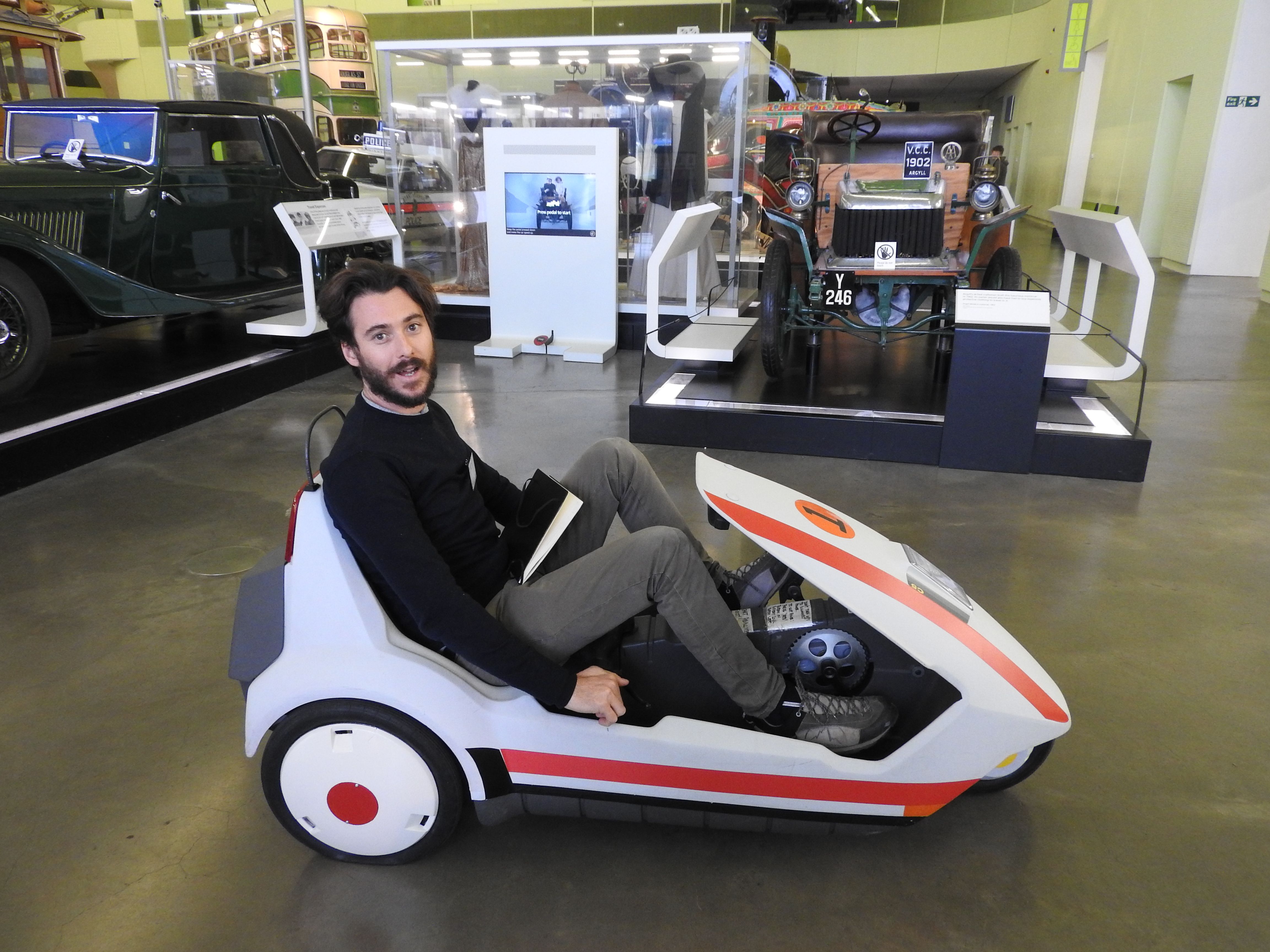
DSCN5557
Exploring the transport on display at the Riverside Museum, Glasgow - credit LearnToEngage
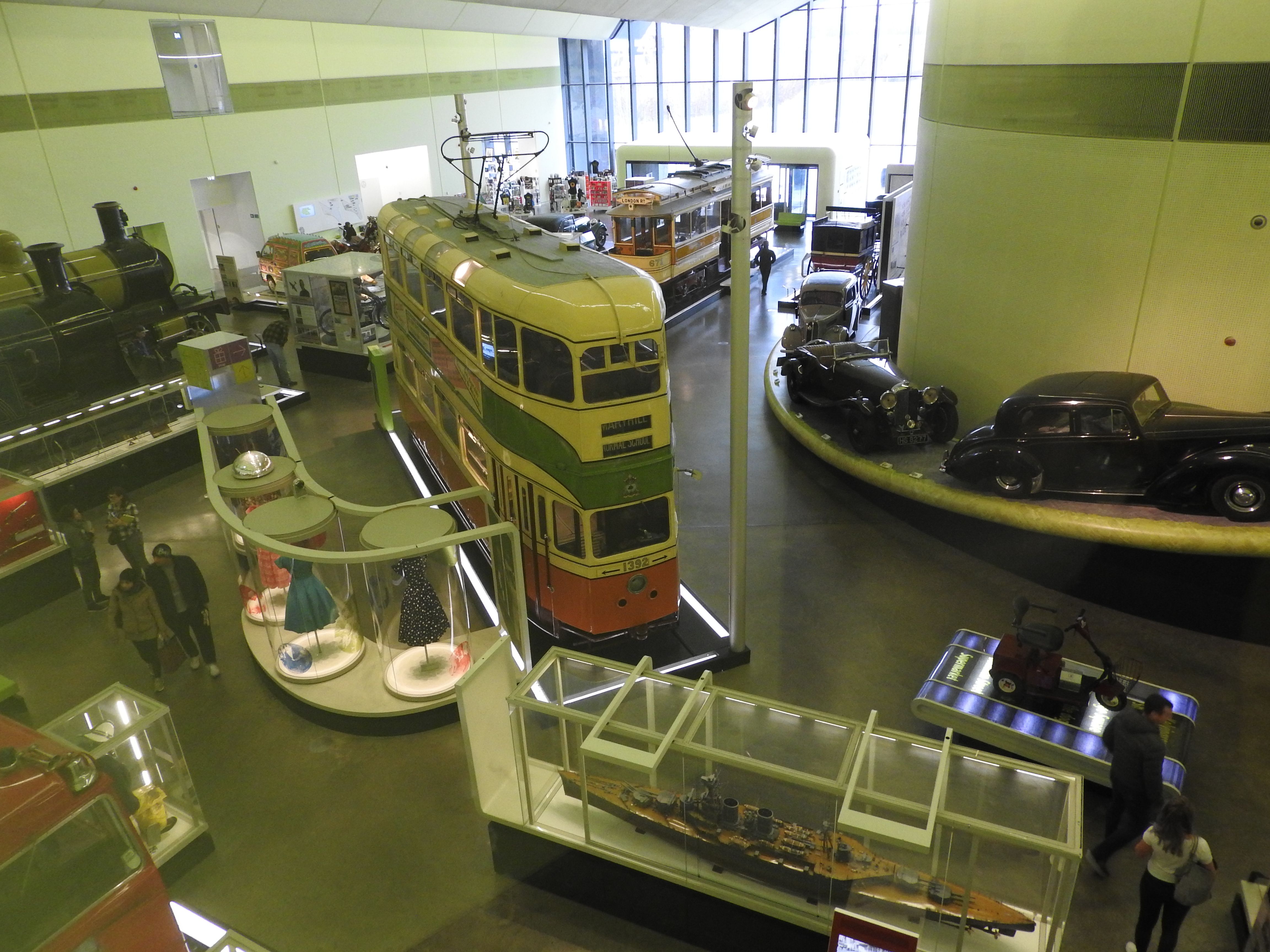
DSCN5495
Exploring the transport on display at the Riverside Museum, Glasgow - credit LearnToEngage
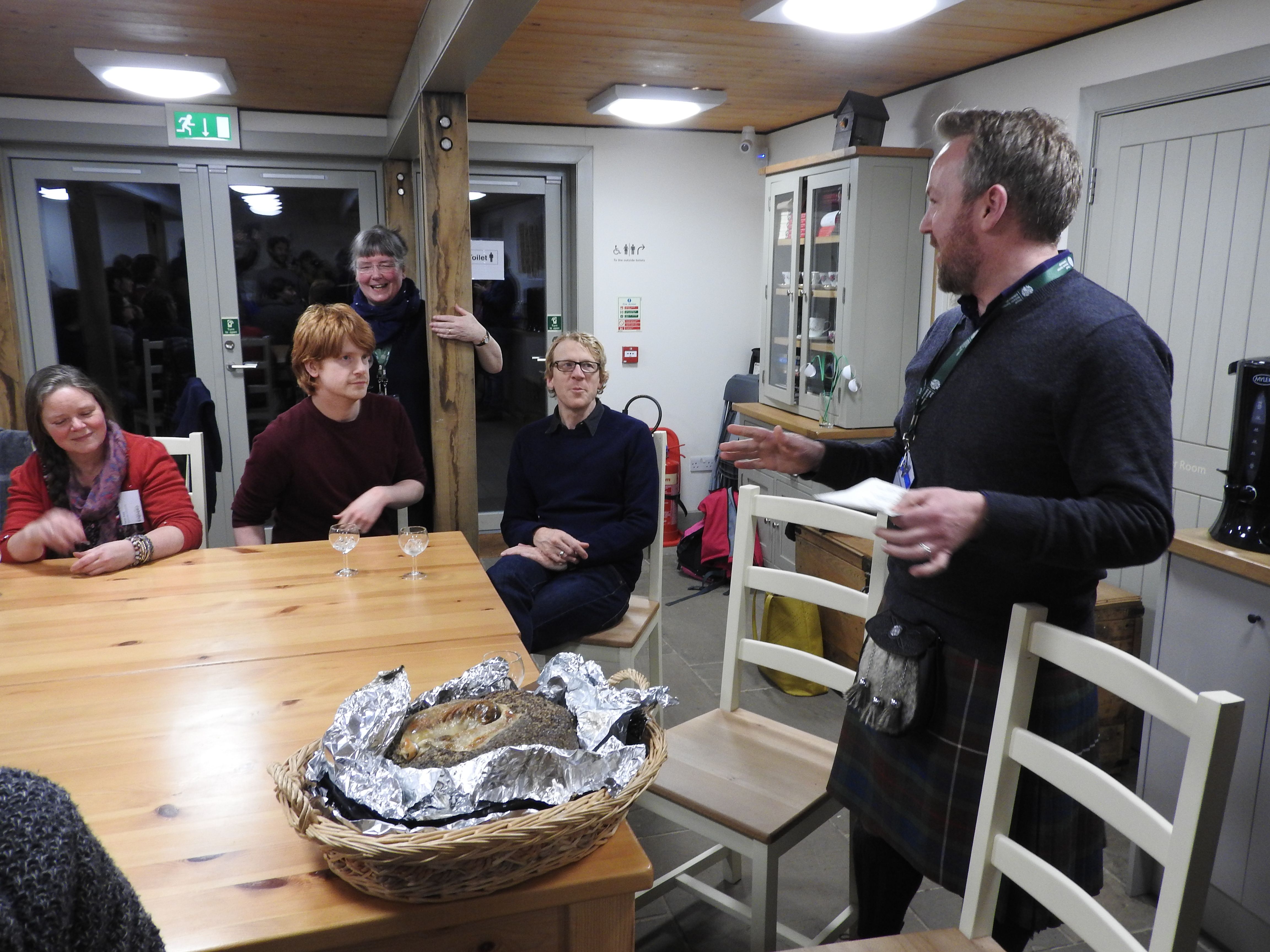
DSCN5445
The Address to the Haggis, during our belated Burn's supper - credit LearnToEngage
LearnToEngage is an exciting new suite of professional development modules for botanic garden staff and museum educators in Portugal, UK and Italy. This blended learning course aims to enhance engagement of audiences and support the vital educational role played by botanic gardens and museums. LearnToEngage partnership consists of BGCI, Muse, science museum, Italy, Royal Botanic Garden Edinburgh, UK, Nottingham Trent University, UK and the National Museum of Natural History and Science, University of Lisbon, Portugal and is funded through the European Commission’s Erasmus + programme to provide an interactive, co-operative experience with both online and on-site provision. Each module takes place over 12 weeks this includes a one-week on-site training, complemented by online learning before and after the visit.
So far, modules on Interpretation and Working with Diverse Audiences have been run with great success. The final two modules will focus on Science Communication and Research and Evaluation and take place at the end of 2018 and start of 2019. For more information, visit the LearnToEngage website.